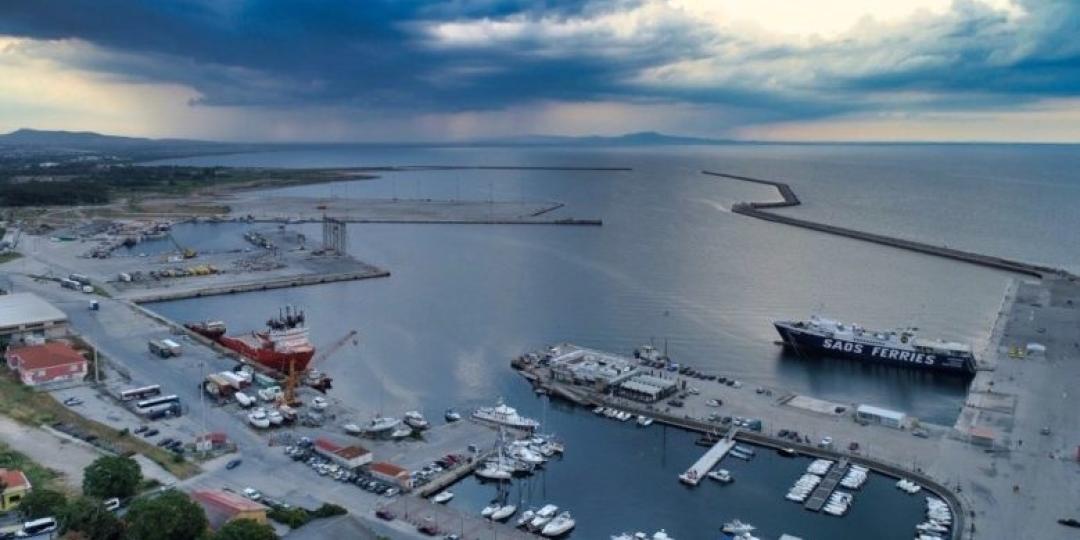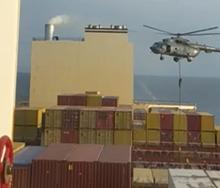The privatisation of South Africa’s ports is often regarded as a panacea for compromised throughput at important import-export hubs like Durban, Gqberha and Cape Town, especially when strike action wreaks havoc on cargo movement – as was recently the case at Transnet.
However, there seems to be truth in the cliché that there are always two sides to a story.
An interesting development in Greece seems to suggest that certain key points of supply chain are perhaps too strategic from a geopolitical perspective for private-sector control.
This emerged after the government of President Katerina Sakellaropoulou decided to pull back from its plans to privatise the Port of Alexandroupolis.
The about-face from Athens has taken the Hellenic Republic’s logistics community by surprise as Greece’s main seaport of Piraeus was successfully privatised in 2009.
Since then, vessel working and container movement has seen a steady increase under the management of China’s state-owned line, Cosco Shipping Corporation.
Much has changed though since 2009, when the worst crisis at the time to compromise commerce was the global credit crunch.
But a much larger crisis, the Ukrainian conflict, with serious portents of energy supply shortages affecting large parts of Europe, has put a different spin on things.
Since Alexandroupolis is situated near Greece’s border with Bulgaria and Turkey on the Thracian Sea, Prime Minister Kyriakos Mitsotakis has said that the developing situation in Eastern Europe has necessitated a rethink.
Its strategic location apparently makes it ideal for energy hub development, and initial plans include equipping the port with a floating storage and regasification unit, or FSRU.
Speaking to Greek TV, Mitsotakis said given the geopolitical potential of Alexandroupolis due to unfolding developments, it was best that the port remained under government control.













